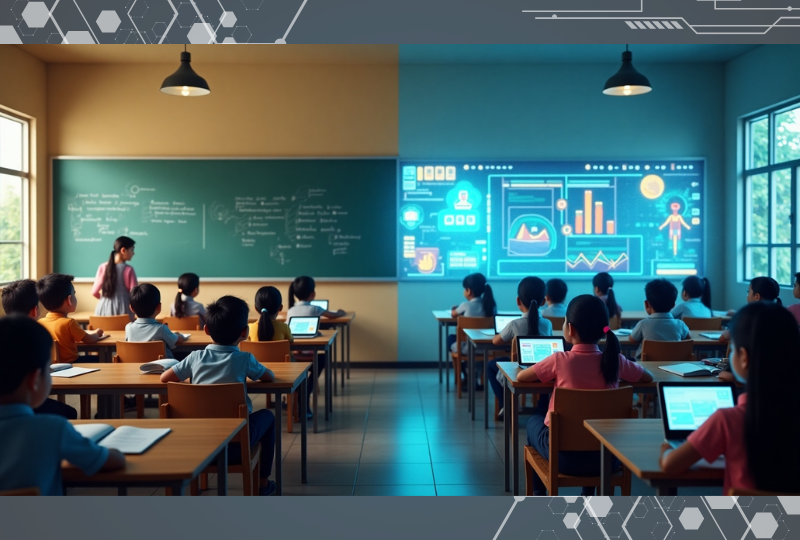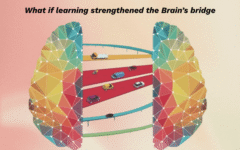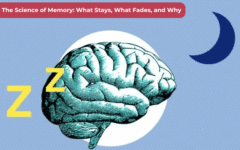AI Is Changing the Game—Are We Teaching the Right Skills?
March 6, 2025 2025-09-17 8:27AI Is Changing the Game—Are We Teaching the Right Skills?

AI Is Changing the Game—Are We Teaching the Right Skills?
There’s a growing push to introduce coding at the school level, with many believing that early exposure to programming will secure students’ futures. But what if this approach is misguided? The reality is that AI is replacing coders faster than schools can train them.
Take this as a wake-up call—recent data shows that a stark percentage of CS graduates from reputed IITs remain unplaced simply because Google now uses AI to fulfill 30% of its coding requirements. As AI advances, this percentage will only grow, making traditional coding jobs redundant. So, should we be training school students in coding, or should we focus on teaching them how to use AI to construct knowledge?
The Fallacy of Teaching Coding at the School Level
Learning to code without understanding mathematics, logic, and reasoning is like trying to write poetry without knowing the alphabet. A student still learning differentiation, integration, and calculus cannot realistically be expected to build complex AI models. Coding is a technical skill, but at its core, it is a translation of mathematical and logical principles into a machine-readable language.
What AI is doing now is more than just following instructions—it constructs, analyzes, and adapts. Earlier, computers merely executed commands, but now AI creates. This requires deep specialization, something a school-level student cannot simply “pick up” without the proper foundation.
AI is Not for Everyone—And That’s Okay
Let’s be clear: AI development is a highly specialized field. It requires extensive training, advanced mathematical modeling, and a deep understanding of logic gates and neural networks. A student inclined towards art or humanities may not necessarily be interested in robotics or AI engineering—and that’s perfectly fine.
We are making a critical mistake in chasing AI blindly, without first understanding where we fit in. Instead of forcing students to learn how to code, the focus should shift to how to use AI effectively to enhance knowledge, creativity, and problem-solving.
What Should We Be Teaching Instead?
- Teach Mathematical & Logical Thinking – AI runs on mathematics, probability, and data structures. Strong mathematical reasoning will always be more valuable than memorizing syntax.
- Focus on AI Application & Ethics – Instead of learning to build AI, students should learn how to use it responsibly:
- How to analyze data for accuracy and bias
- Understanding AI ethics and what’s legally and ethically acceptable
- Learning how AI tools can enhance creativity (e.g., animation, 3D modeling, data visualization)
- Develop Transferable Skills – The real future-proof skills are critical thinking, problem-solving, and adaptability. These apply across multiple domains, not just coding.
- Teach How to Optimize AI for Their Advantage – Students won’t be competing to build the next AI model, but they must know how to effectively use AI tools for research, analysis, and innovation.
The Reality: AI is Replacing Coders
It’s becoming evident that AI will replace a significant portion of coding jobs. Google, for instance, is automating nearly 90% of its coding work with AI tools that are free and more efficient than human programmers. In the near future, companies will need fewer coders and more mathematicians, logicians, and domain experts.
So why are we still pushing coding at the school level? The government and educators must rethink priorities. Producing more mathematics graduates will have far greater value than churning out students who can write Python scripts but lack a deep understanding of logic and computation.
The Navriti Approach – Future-ready Learning
At Navriti, we don’t just react to technological shifts—we prepare students to thrive in them. Rather than training students for jobs that AI will soon dominate, we focus on teaching skills that AI cannot replace—critical thinking, emotional intelligence, problem-solving, and adaptability. Our curriculum is designed to ensure that students develop unique academic strengths and interdisciplinary knowledge, preparing them for the challenges of an AI-driven world.
AI won’t take your job—but someone who knows how to use it will. At Navriti, we empower students not just to learn about AI but to leverage it intelligently, enhancing their ability to create, innovate, and lead in a rapidly evolving future.
In a nutshell, for students, the future is not about coding AI—it’s about mastering how to use it.

















